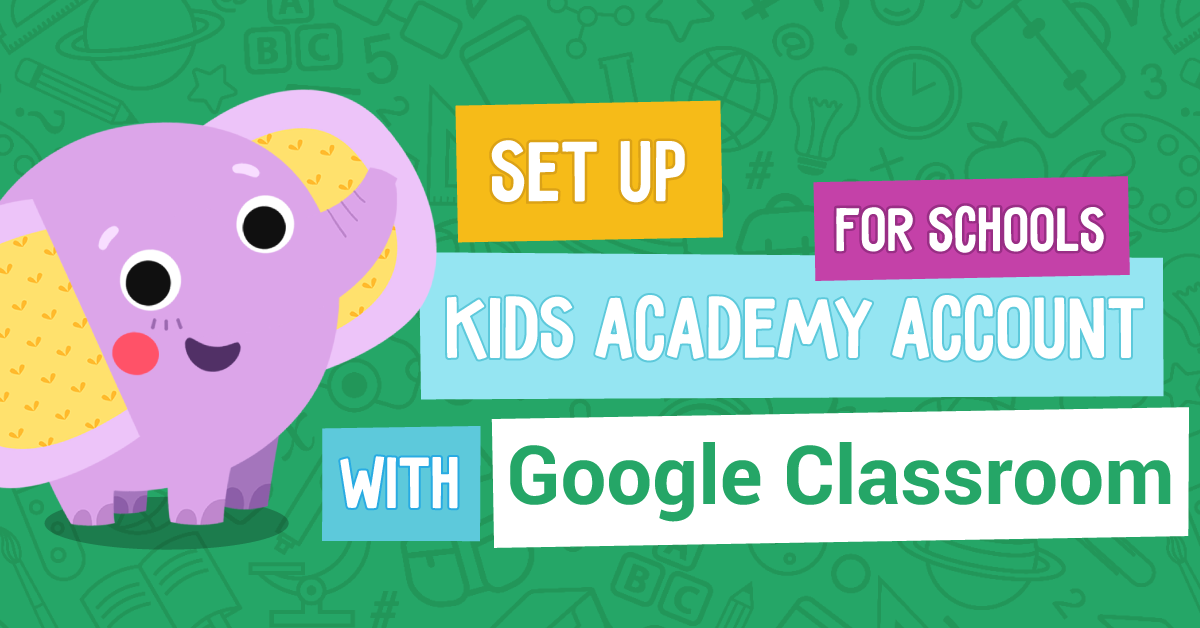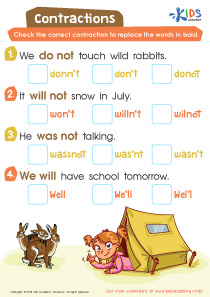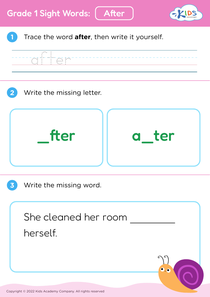1.4c Individual Development and Cultural Identity worksheets With Answers for Grade 1
2 filtered results
-
From - To
Explore our engaging "1.4c Individual Development and Cultural Identity Worksheets with Answers for Grade 1." These worksheets are designed to help young learners understand the concepts of self-identity and cultural diversity through interactive exercises. Aligned with educational standards, this resource encourages children to appreciate their unique backgrounds while learning about others. Each worksheet comes with clear answers, making it easy for educators and parents to guide discussions about individual differences and similarities. Perfect for enhancing social studies lessons, these worksheets promote inclusivity and foster a supportive classroom environment. Download today and help your students celebrate their cultural identities!
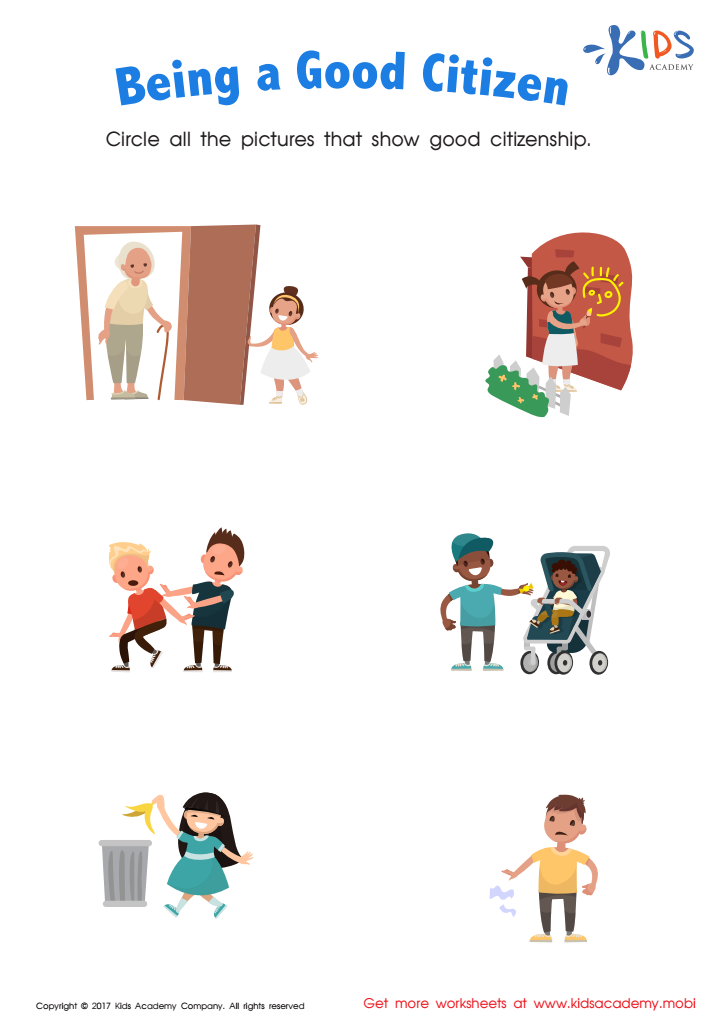

Being a Good Citizen Printable
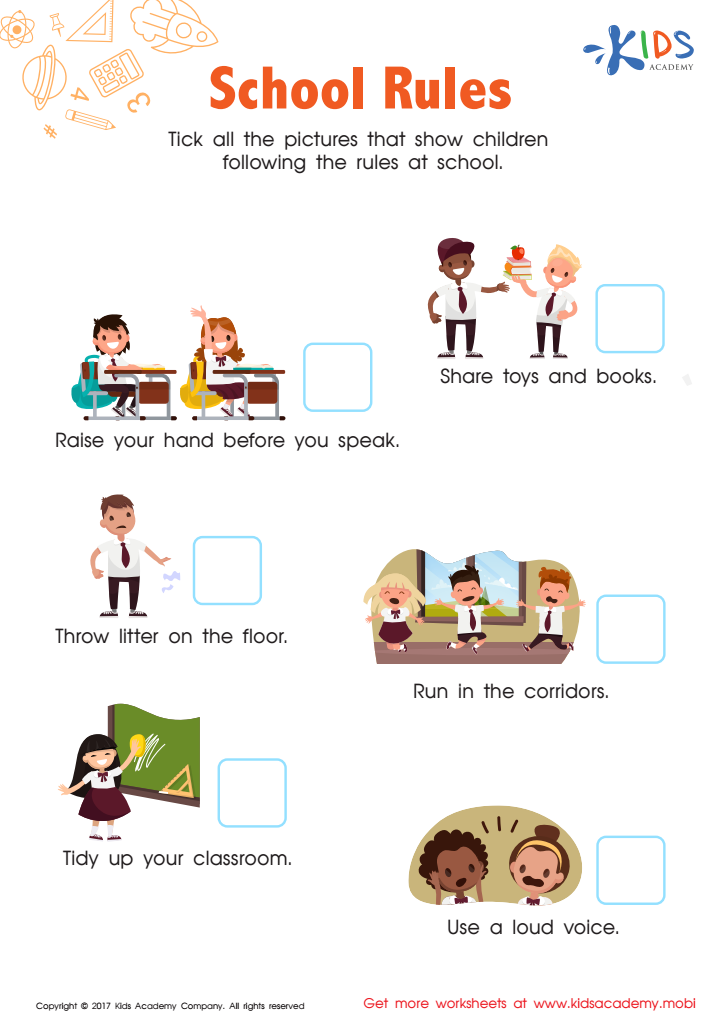

School Rules Worksheet
Understanding 1.4c Individual Development and Cultural Identity is important for parents and teachers because it helps children feel valued and understood. Each child comes from a unique background with different traditions, languages, and experiences that shape who they are. When parents and teachers recognize and celebrate these differences, they create a welcoming environment where children can thrive.
Knowing about individual development means understanding how each child learns and grows at their own pace. This awareness helps adults support children in reaching their potential. For example, some children might be great with numbers while others excel in storytelling. By acknowledging these strengths, parents and teachers can encourage self-esteem and confidence.
Cultural identity is equally crucial. Recognizing a child's culture makes learning more relatable and meaningful. When children see their culture reflected in the classroom, they feel proud and included. This encourages them to participate more and enjoy the learning experience.
Ultimately, caring about 1.4c helps foster a loving community where every child feels safe and supported. This not only enhances their educational journey but also teaches respect and appreciation for diversity, which are essential skills for life.
 Assign to My Students
Assign to My Students


